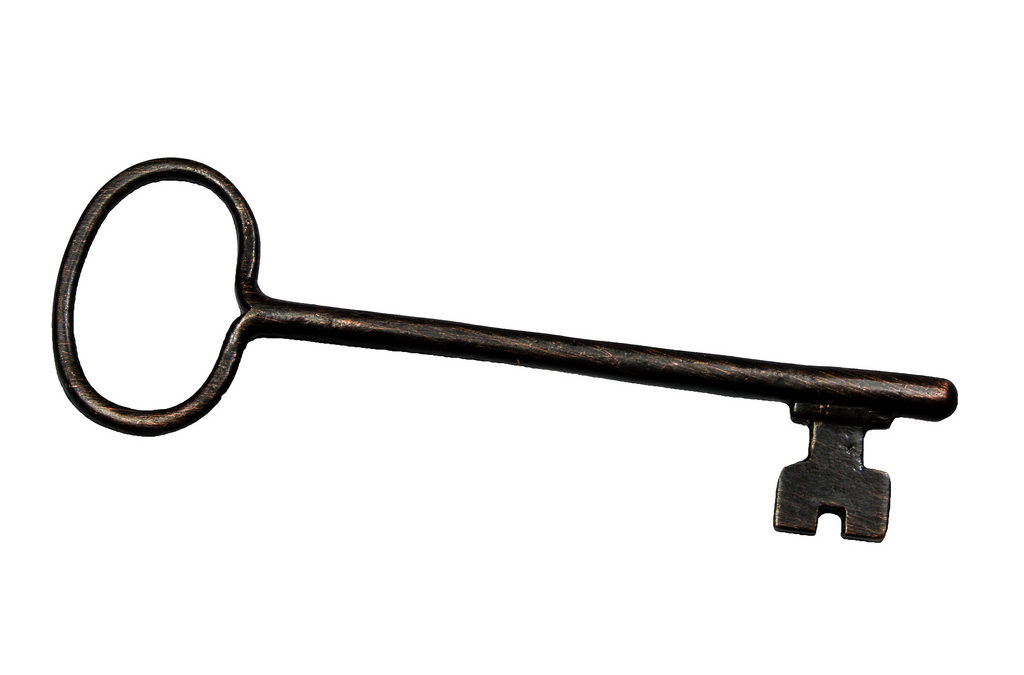Should you be buying physical gold, or an ETF that tracks gold? Gold is an investment that everyone should have some exposure two. The basic idea here is that holding an ETF enables one to get exposure to the price of gold without having to possess physical bullion and is considered more useful for trading purposes than for long-term investments. Besides and ETF, other examples of paper gold include: gold certificates, pool accounts, and gold futures accounts
Why would you consider something other than physical gold, such as an ETF? Well you might want to avoid storage costs. If you invest a sizeable part of your capital in physical bullion, you might not want to keep your metal at home (you’ll need a safe and perhaps other additional equipment). In this case, you might prefer to choose a custodian – an institution that stores your metal for you.

This storage service is not free of charge (neither is transportation to the storage facility, nor its insurance), so you need to take this cost into account, and it diminishes your returns on gold. By buying and ETF, you get an asset that more or less reflects the price of gold and allows you to avoid the cost and headache of storage.
In addition, buying an ETF enables you to invest in gold even if you don’t have the finances to actually buy an ounce of gold. This is because ETF shares can often reflect less than one ounce of gold. Most commonly they follow the price of 1/10 of an ounce. If you do not have enough money to buy a full ounce, ETFs might be a solution.
While buying an storing gold comes with its own risks, you might ask yourself whether it is reasonable or safe to invest in paper gold if you do not actually possess the metal you bought: This is why diversification is important in this case.













Leave A Comment